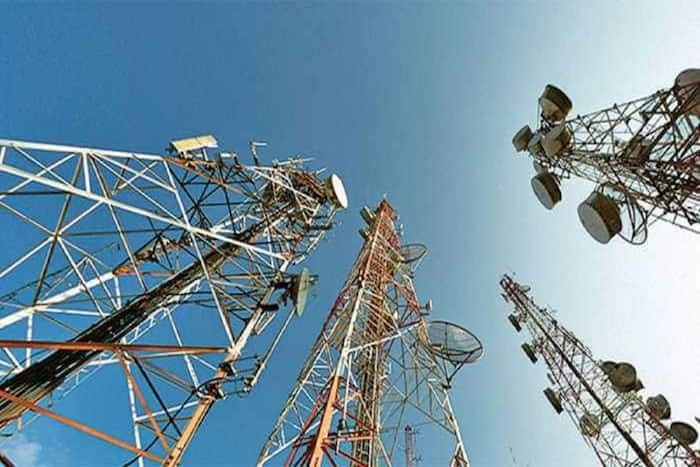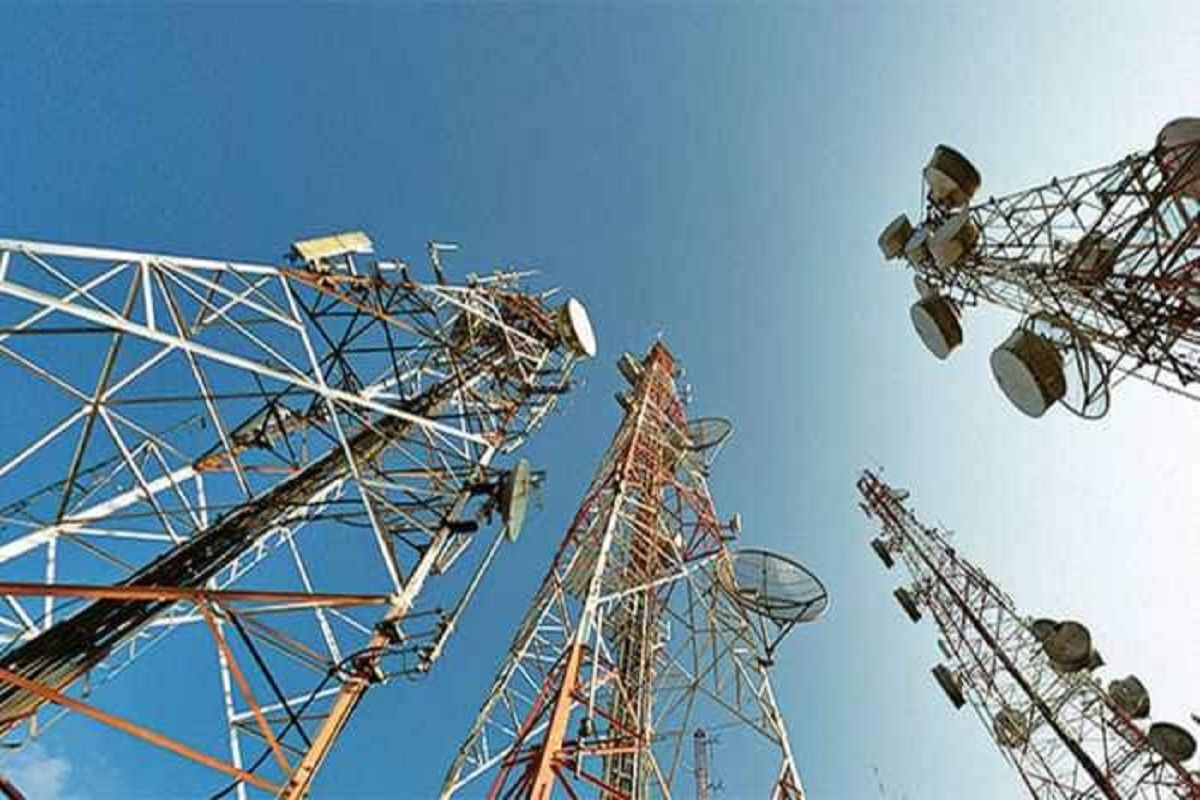If there’s a service interruption that lasts longer than a day at the district level, it’s now mandatory for telecom companies to offer compensations to their customers. Read on to know more.

New Delhi: In a matter of good news for mobile phone users of India, Telecom Regulatory Authority of India, frequently referred to as TRAI, has recently revamped its standards on quality of service (QoS) for both access and broadband services. The objective behind the revamp is to boost both performance and transparency in the sector.
The updated regulations that have come into existence are known as “The Standards of Quality of Service of Access (Wirelines and Wireless) and Broadband (Wireline and Wireless) Service Regulations, 2024 (06 of 2024).”
Worth noting in these revamped regulations is that they deliver harsher penalties along with an increased responsibility towards compensation. Major telecom giants such as Airtel and Jio are bound by these new norms towards ensuring superior service provision.
Rules On Service Interruption
If there’s a service interruption that lasts longer than a day at the district level, it’s now mandatory for telecom companies to offer compensations to their customers. This means if you’re a postpaid user, you’ll see a reduction in your monthly bills. Alternatively, if you’re a prepaid user, they’ll extend the validity of your connection. In instances where a severe network downtime exceeds 24 hours, the operators are obliged to either partially refund customers or prolong the validity of the link depending on the length of interruption.
The penalty for failing to meet the set standards has now been increased from Rs 50,000 to a staggering Rs 1 lakh. This intentional move is geared towards motivating telecommunications firms to adhere more sternly to quality standards, and minimize service disruptions.
TRAI Modifies New SIM Replacement Rules Under Mobile Portability
Amendments to Mobile Number Portability (MNP) regulations to check SIM swap and replacement fraudulent activities will come into force from July 1, The telecom regulatory body Telecom Regulatory Authority of India (TRAI) said on June 28.
“The Telecom Regulatory Authority of India (TRAI), on March 14, 2024, issued the Telecommunication Mobile Number Portability (Ninth Amendment) Regulations, 2024, which will come into force on July 1, 2024,” the statement issued by the regulator added.
As per the TRAI, the SIM swap or replacement means a process of acquisition of a new SIM card in place of a lost or non-working SIM card by the existing subscriber.
As per the TRAI rules, users can also choose the Mobile Number Portability (MNP) facility which allows them to retain their mobile number when they move from one access provider to another access provider in the
country.
With a view to improving the MNP process from time to time, the Telecommunication Mobile Number Portability Regulations, 2009 have been amended eight times in the past. The TRAI has also decided to introduce an additional criterion for rejection of the request for allocation of the Unique Porting Code through these amendment regulations. It further mandates that the UPC should not be allocated if the request for UPC has been made before the expiry of seven days from the date of SIM swap or replacement of the mobile number which was earlier ten days.
(With inputs from agencies)

